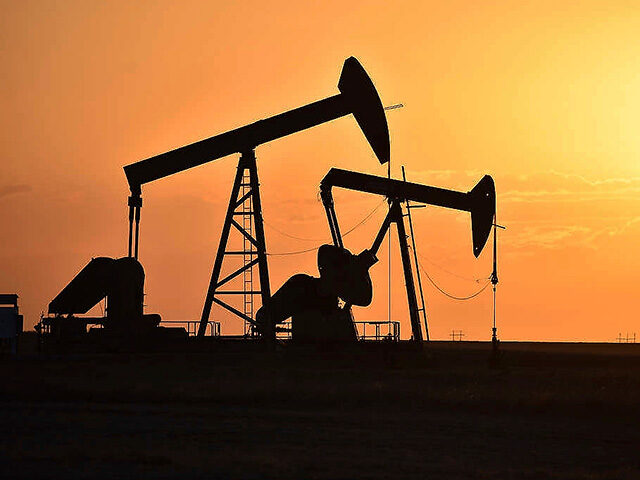A fringe group of climate scientists have published an apocalyptic report warning that “much of the very fabric of life on Earth is imperiled” by climate change, in the latest attack on low-cost fossil fuels.
Led by Oregon-based climate activists William J. Ripple and Christopher Wolf, the writers assert that humanity is “on the brink of an irreversible climate disaster” because of increasing greenhouse gas emissions and ecosystem change.
“This is a global emergency beyond any doubt,” they declare in their BioScience article titled “The 2024 state of the climate report: Perilous times on planet Earth.” “We are stepping into a critical and unpredictable new phase of the climate crisis.”
The authors point to 35 “planetary vital signs,” insisting that 25 are at record levels, driving a series of “unprecedented” climate-linked disasters over the past year.
Reading between the lines, however, it becomes evident that what really rankles the writers is humanity’s ongoing insistence on using readily available, low-cost fossil fuels instead of transitioning to undependable, expensive renewables.
Fossil fuel emissions “have increased to an all-time high,” the authors lament, and “climate impacts escalate, bringing forth scenes of unprecedented disasters around the world and human and nonhuman suffering.”
“We are concerned about recent trends in many planetary vital signs, including record-breaking greenhouse gas concentrations, tree cover loss due to wildfires and ice loss,” Ripple states. “We are especially troubled by global consumption of coal and oil reaching all-time highs in 2023.”
“The climate crisis is becoming increasingly severe, and we are now faced with many climate-related disasters along with catastrophic risks in the longer term,” he adds. “We are continuing to go in the wrong direction, with enormous fossil fuel emissions and unsustainable consumption by the wealthy.”
As is customary in doomsday articles such as this one, the authors threaten a humanity-crushing climate disaster without ever showing how it will come about. Will billions drown from flooding? Will entire cities sink into the earth? Will children bake in their homes from kiln-like temperatures? We are left to guess.
“We find ourselves amid an abrupt climate upheaval, a dire situation never before encountered in the annals of human existence,” the authors confidently declare.
“We have now brought the planet into climatic conditions never witnessed by us or our prehistoric relatives within our genus, Homo,” they add.
What the authors do share with us is their conviction that we are headed toward “a complex situation where climate controlling feedback loops and tipping point systems are interconnected in a way that could trigger self-perpetuating processes that amplify warming beyond human control.”
This severe climate scenario could ultimately help trigger “societal collapse” a possibility that is the focus of increasing research, the report ominously warns.
What is to be done to avert Armageddon?
Nothing short of “immediate, high impact, and socially just climate policies” are needed to avoid a further decline of Earth’s vital signs, Ripple contends, prioritizing a rapid phase down of fossil fuel use.
“In addition, the adoption of a sufficiently high global carbon price could help to dramatically reduce emissions while providing further funding for climate action,” he suggests.
Predictably, the report also proposes “stabilising and gradually reducing the human population,” despite the rising concerns of a serious population implosion that is already negatively affecting many parts of the globe.
Ripple insists that the upcoming UN COP29 climate summit — scheduled to begin this November in Baku, Azerbaijan — should produce a binding agreement on global fossil fuel phaseout, along with a rapid timeline to kickstart climate action.
“We also hope that wealthy countries will increase their climate finance pledges to better support the Global South in scaling up renewable energy capacity and adapting to climate change,” he argues.

COMMENTS
Please let us know if you're having issues with commenting.